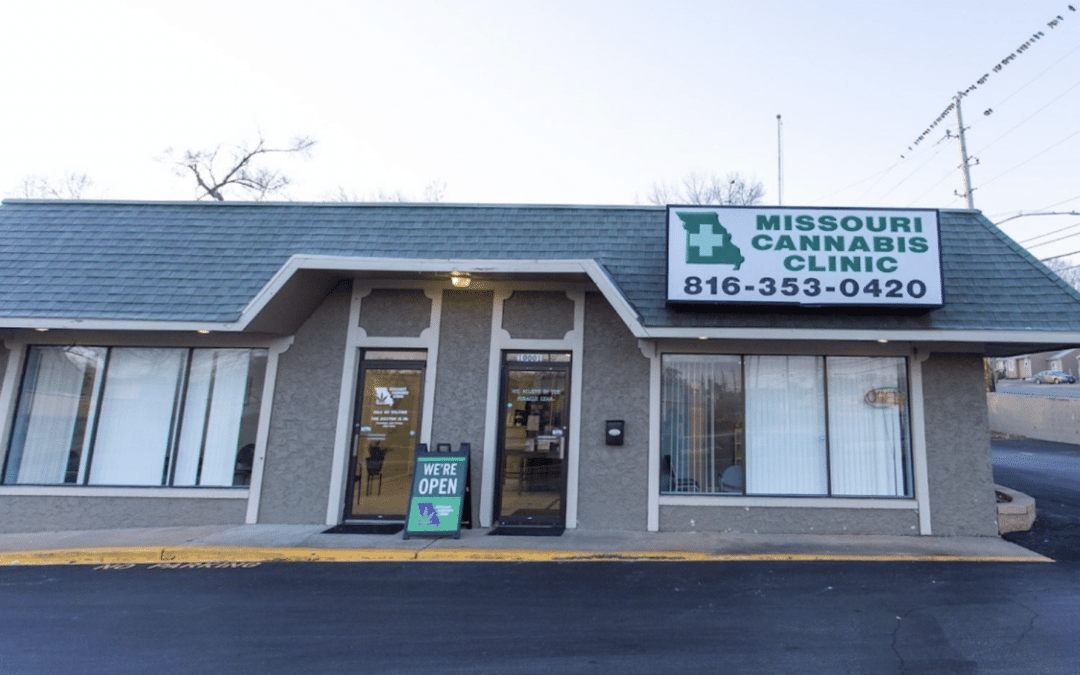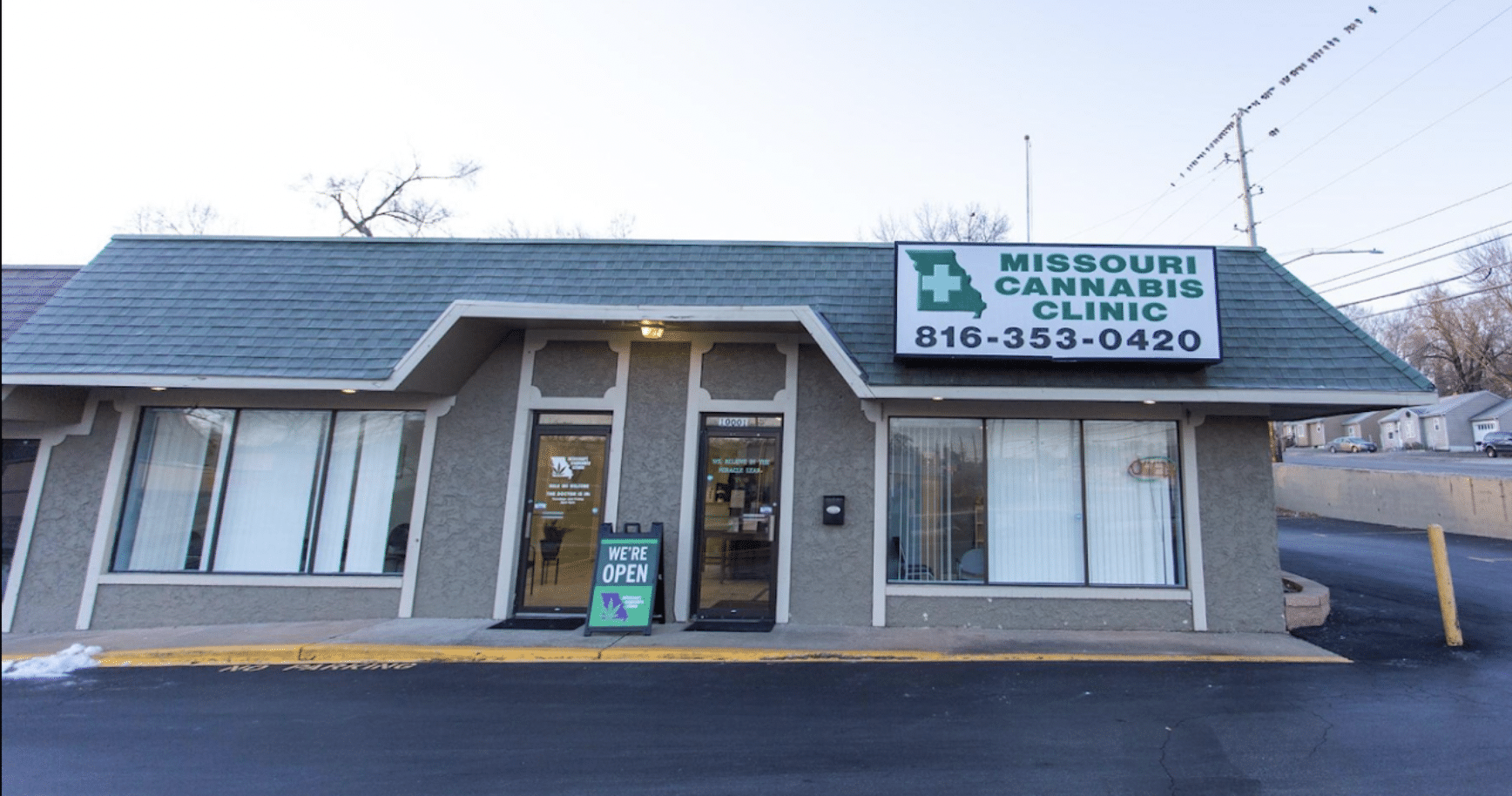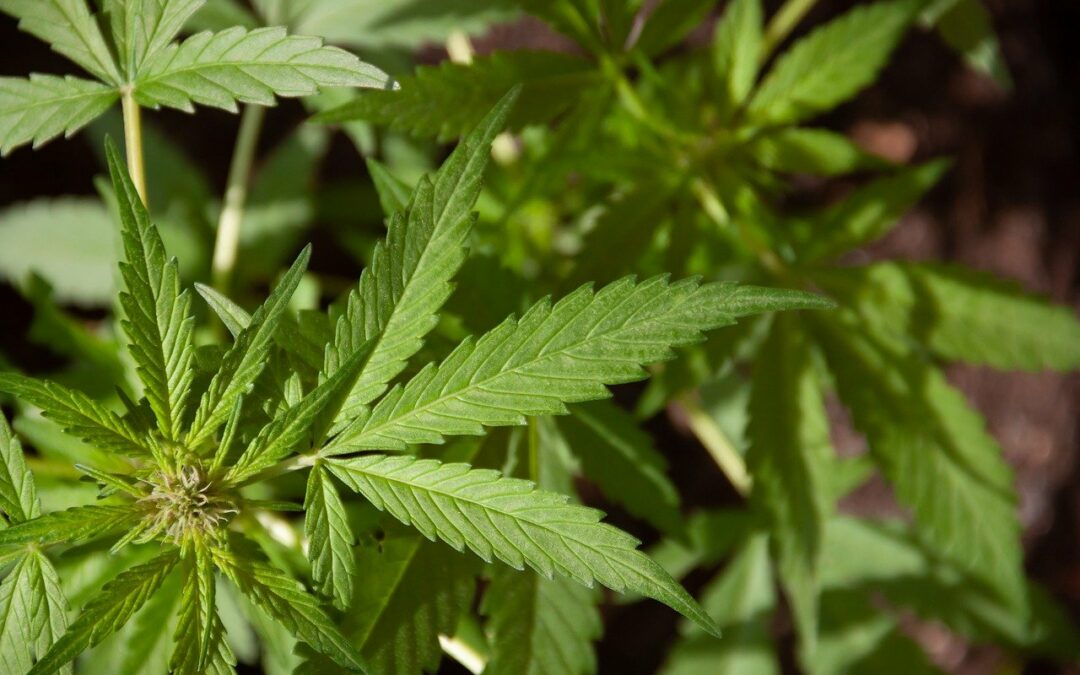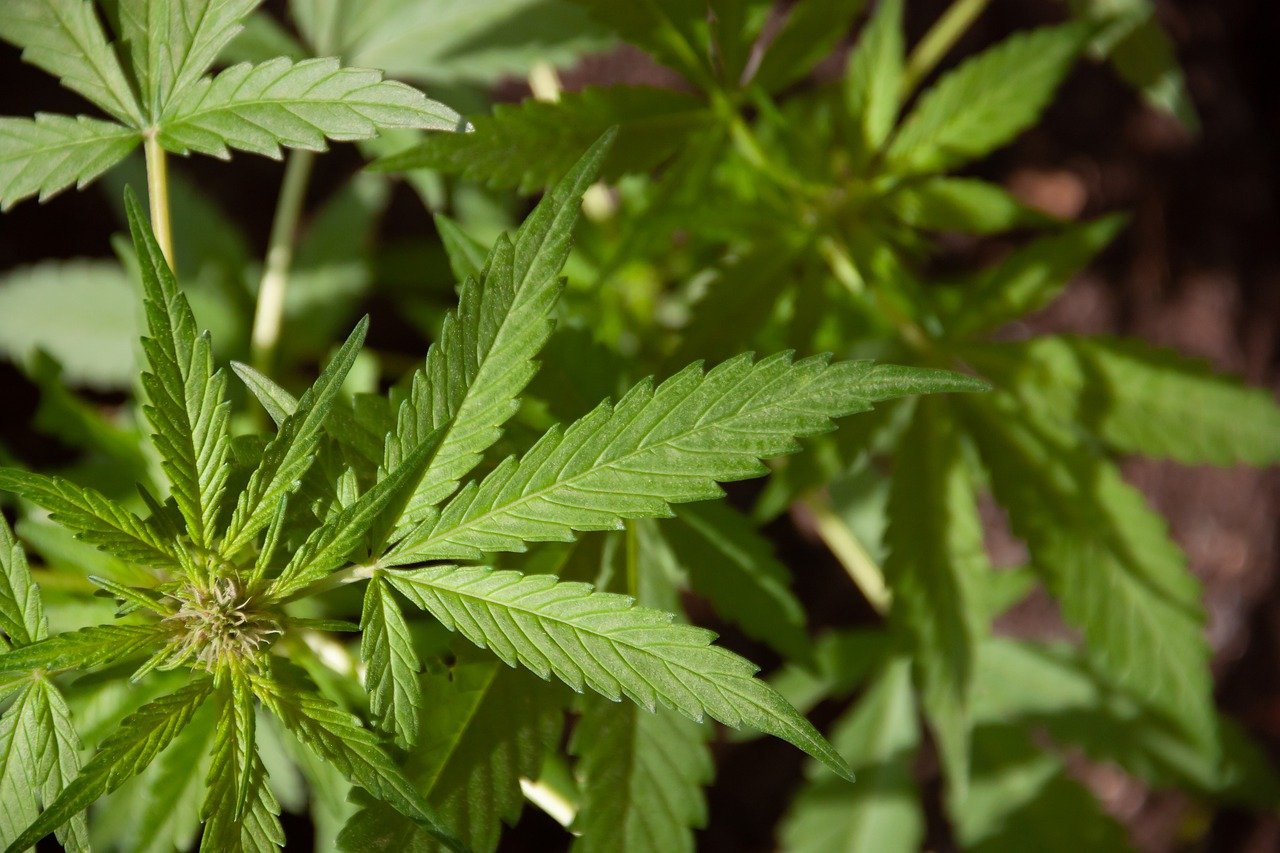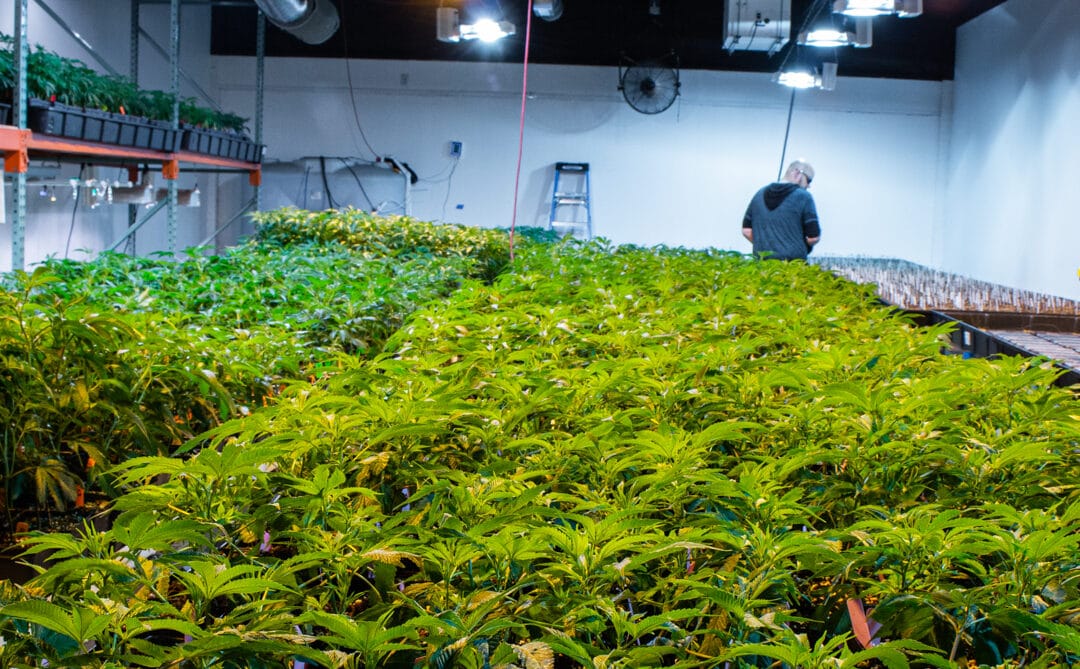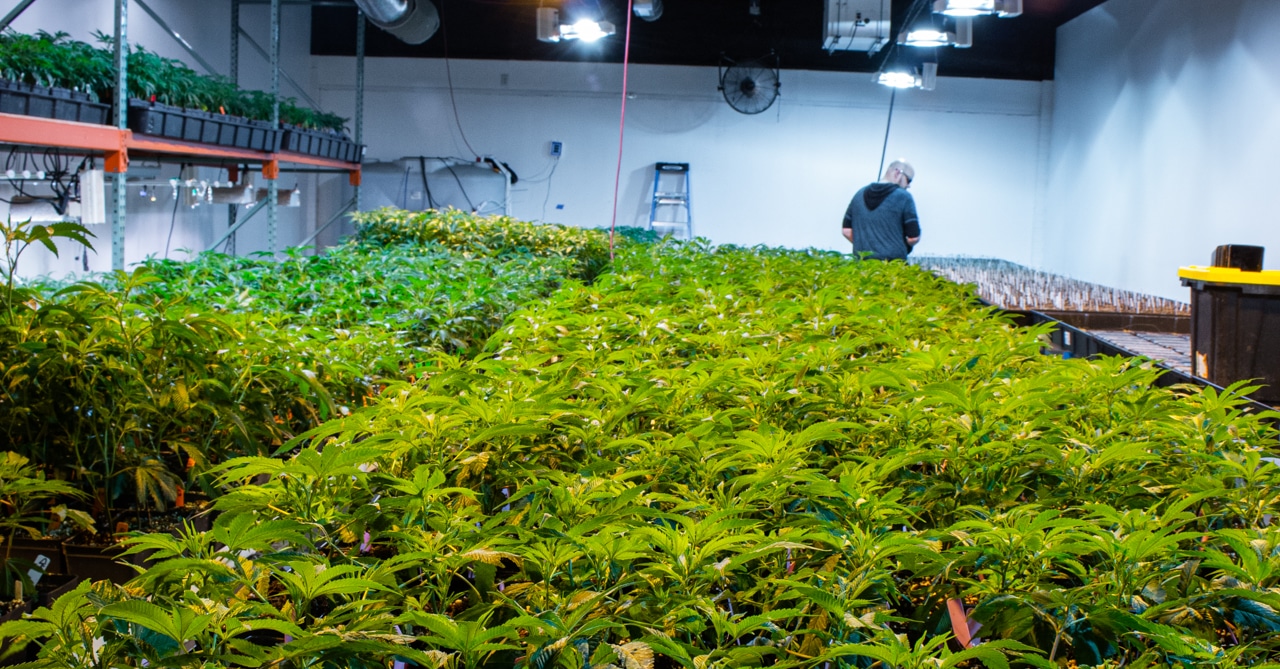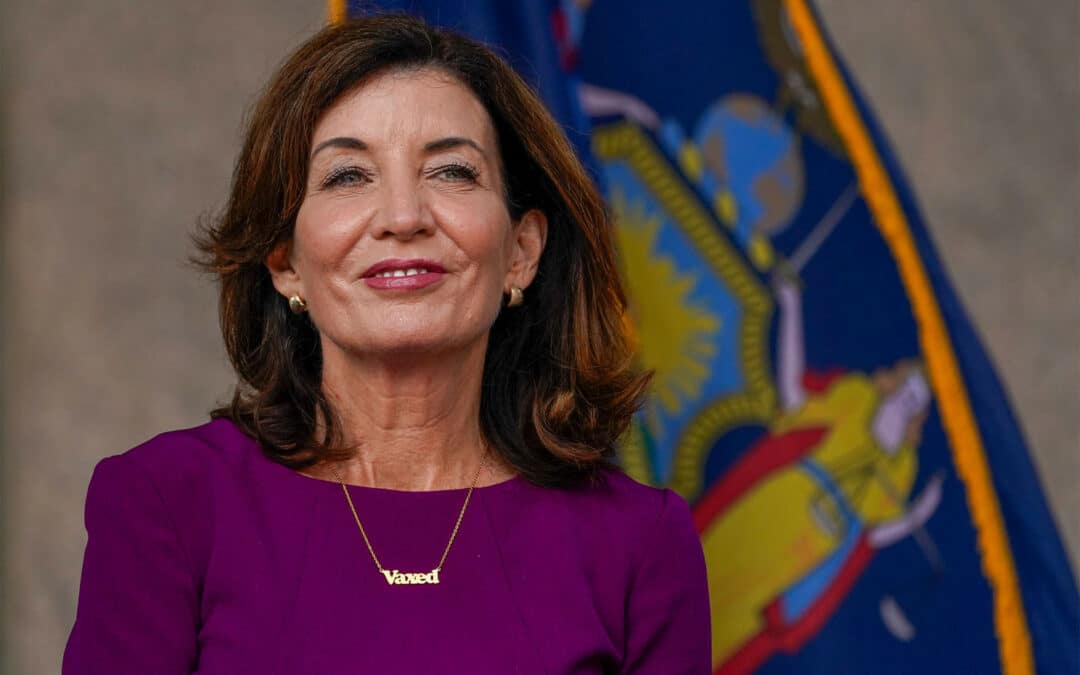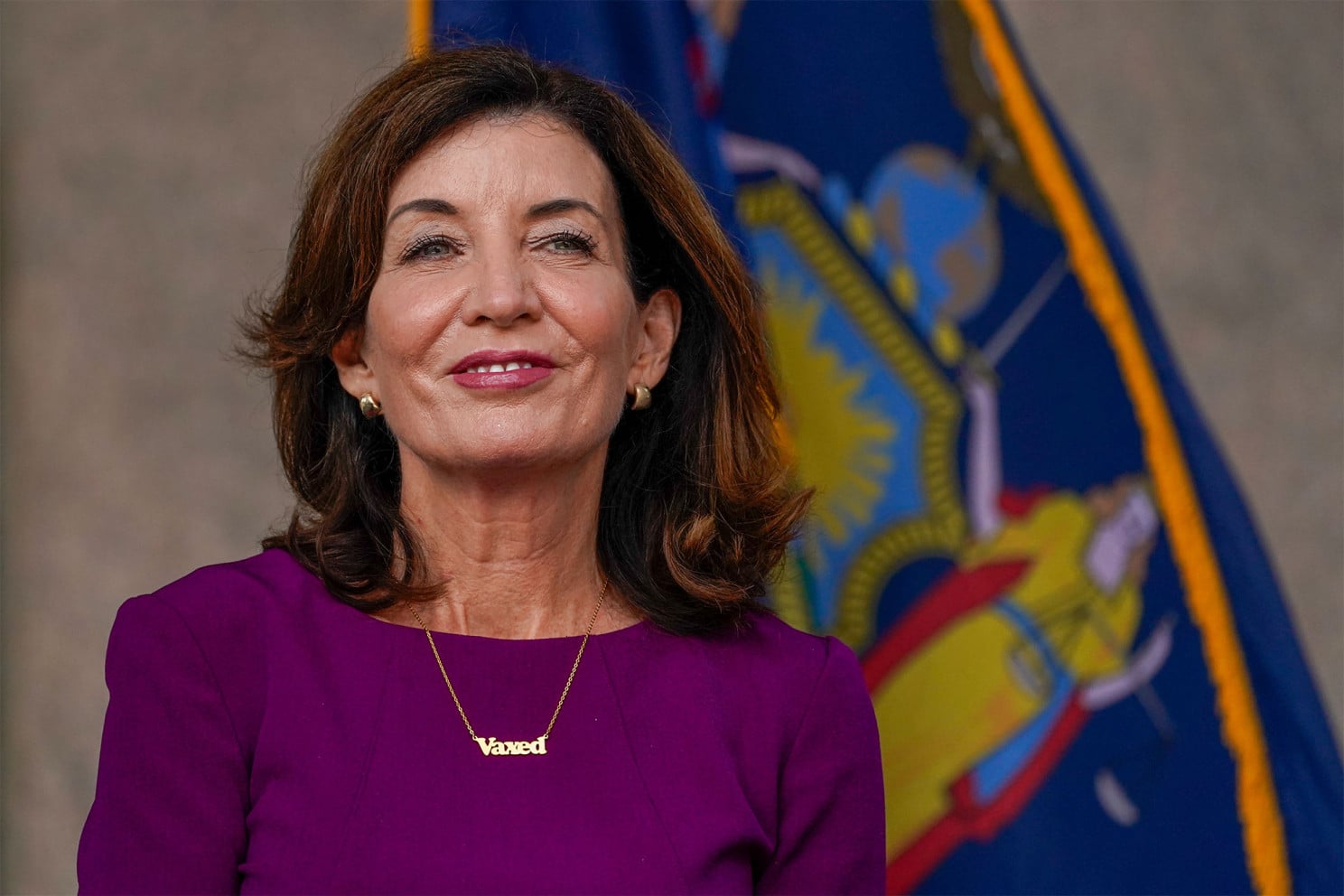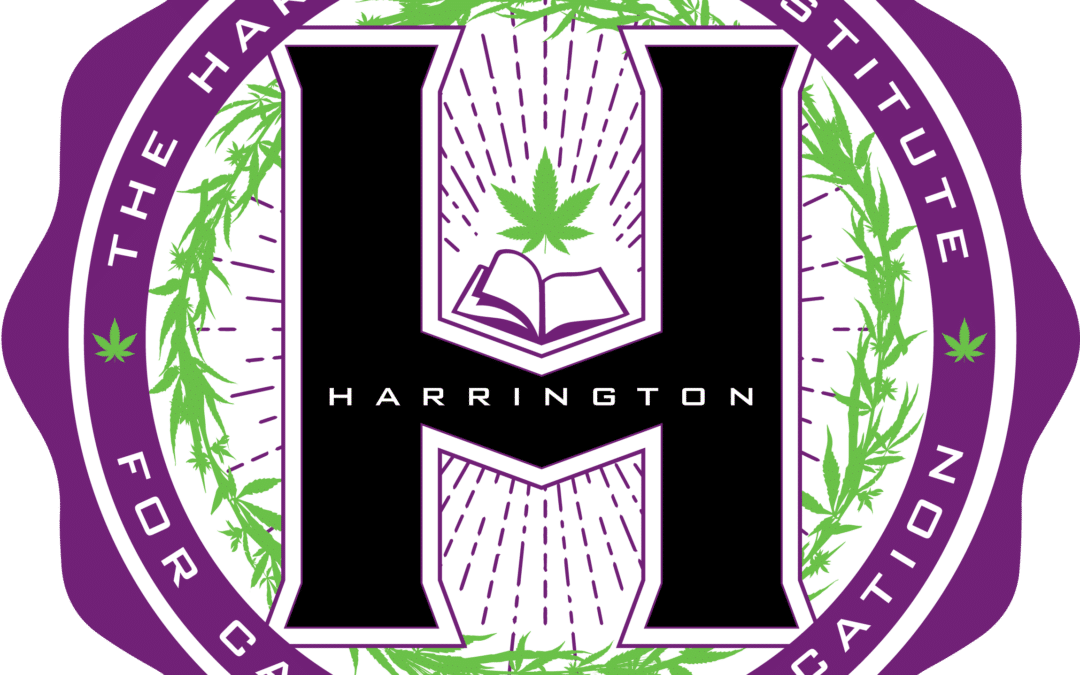
Viola Launches Harrington Institute For Cannabis Education

The multi country cannabis brand has partnered with the Black-owned cannabis school to provide equitable access to the cannabis industry through delivering high quality education to its community
Viola, the premium Black-owned cannabis brand rooted in equity, announced the launch of the Harrington Institute, a school for cannabis education created in partnership with Cleveland School of Cannabis, which is currently on pace to be the first cannabis focused school accredited by the Middle States Association.
Aligning with Viola and its commitment to excellence, the mission of the Harrington Institute is to provide equitable access to the cannabis industry by providing high quality education to its community. With cultivation in Colorado, Michigan, and Oregon along with long-standing partnerships across the greater U.S. and Canada, Harrington Institute provides unique access to a vast network of industry professionals, cutting-edge information, and community investment.
“Harrington Institute is something that’s very important for me and something that’s needed,” said Al Harrington, CEO of Viola Brands. “I feel like right now the cannabis industry isn’t seeing all of the talent available, so we wanted to create a platform and program that educates on all verticals within the industry. It’s really important to us to provide access for young entrepreneurs and people from our community looking to get into the space.”
Harrington Institute will offer the Viola Build Scholarship to students of color who have been affected by the War on Drugs up to $3000 toward tuition. While classes are available to take individually, scholarships will be prioritized to students taking the full 6-course program. To create more access to education, Harrington Institute will also provide student loans that will protect the students from predatory situations. The first classes will begin on November 8, 2021. Interested donors are invited to invest in this life-changing opportunity to meet the growing demand for cannabis industry professionals.
About Viola:
Viola is the leading Black-owned producer and licensed wholesaler of premium cannabis products rooted in purpose. Founded in 2011, NBA veteran Al Harrington was inspired to launch the brand by his grandmother, Viola, who suffers from glaucoma and diabetes and found solace in cannabis remedies. The brand integrates the latest cutting-edge technology with its own proprietary processes designed for every stage of cultivation, extraction and production. Viola is known for its wide variety of product offerings, from high-quality flower to premier butane extracts. From regulation to representation and reform, Viola’s mission is to create opportunities for communities of color in the cannabis industry.



